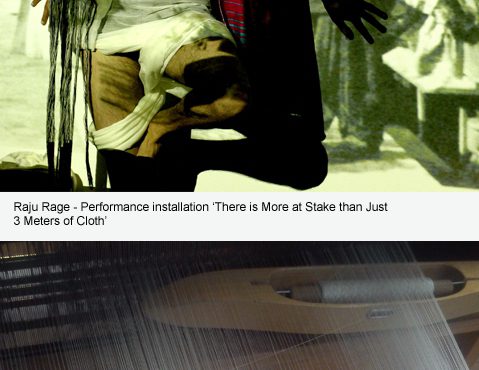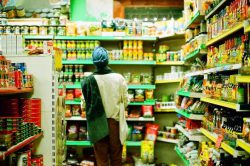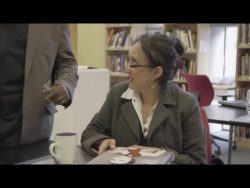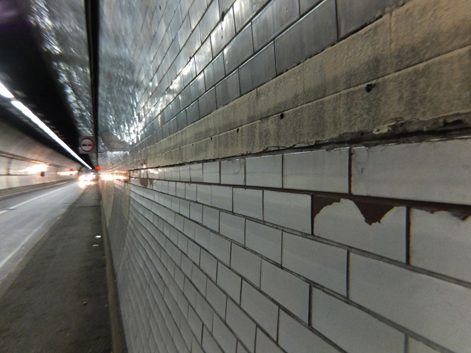- Venue
Stuart Hall Library
-
Time
6:30pm - 8:30pm
-
Admission
Free
- Artists
Audio recordings of the events available at the bottom of the page
Two young artists, Raisa Kabir and Raju Rage, use their art/textile practice to address the violences of colonialism, gendered South Asian queer identity, and the meanings of cotton cloth on the brown queer body. They use cloth as a decolonising tool of resistance and metaphor. Sociologist Nirmal Puwar will respond to their presentations.
“There is More at Stake Than Just 3 Metres of Cloth” A cloth to be worn as a turban, conceptually conceived by Raju Rage, was collaborativly designed and hand woven by Raisa Kabir. Exemplifying the migrations of South Asians from North India/Panjab to East Africa to Britain, and the symbolism encoded within the turban. It signified a visual recording of this complex migration history, the colours which begin brightly coloured as worn in India, are symbolic of the transition of culture, as they migrated again and again, in order to survive the racism, and violences of living in the Diaspora, the colours sobering until the cloth is rendered plain black. The final woven turban was then used in a performance piece by Raju Rage who wore the cloth on their non-binary body, reiterating the struggles of having to define gender, culture, race, ethnicity and sexuality in the Diaspora.
“Your threads cut my fingers, they bleed yet again and again”
A part-live “woven” art piece evoking violence in the history cotton cloth production, and the resistance of the queer brown body. Focusing on racialised labour, migration of textile workers, and the Bengali Diaspora, the work re-links the geographies of the cotton towns Oldham and Dhaka. Raisa looks at the extreme labour processes of hand weaving as a metaphor for the racialised queer body, and the histories carried in cloth/the body.
Raisa Kabir is multi-disciplinary artist, weaver and writer, who uses contemporary textiles, sound and photography to interrogate, and question concepts around the politics of dress in connection to space, gender, race, and sexuality.
Trained as a weaver at Chelsea College of Art, she utilises the embedded histories of cloth, to comment on the compacted social histories that are encapsulated within material culture. She has written about South Asian queer dress identity and culture, queer femme of colour invisibility, as well as cultural appropriation, ethnicity, diaspora and dress.
Raju Rage is an interdisciplinary artist, creative-critical writer and community organiser who is proactive about carving space, self-representation and self-empowerment using art and activism to forge creative survival.
Working in live art, Raju focuses on de-con-structive techniques of resistance such as interruption, confusion, disturbance and anti-performance, primarily using embodiment and working with assemblages of sculpture and multi-formulations of unspoken narratives. Raju Rage’s current project ‘The Dilemma of the Diaspora to Define’ examines the tensions and conflicts of negotiating complex diasporic identity using culturally coded sculptural objects such as cloth.
Nirmal Puwar is a senior lecturer in Sociology at Goldsmith’s College, University of London. As a leading sociologist she looks at issues of race, gender, space and body. She is the Director of Methods Lab, which initiates a series of projects at the intersection of academia and other public, as well as private, realms.




